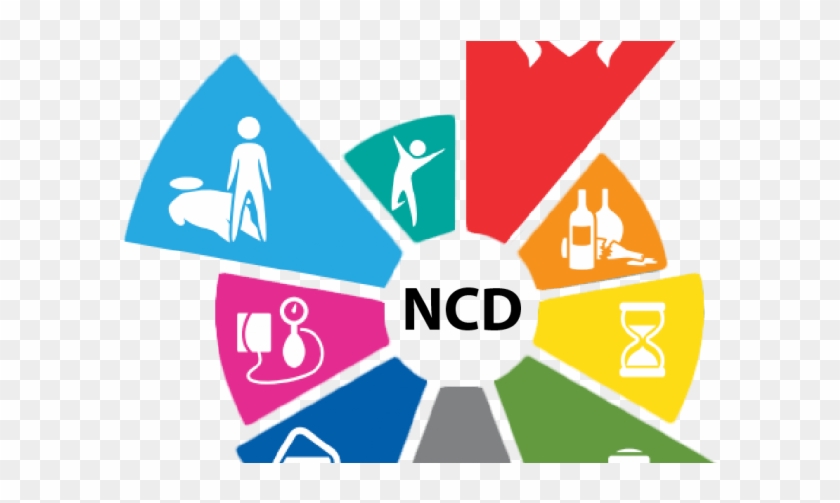By Muhammad Amaan
About 32 per cent of deaths in Nigeria are from non-communicable diseases, including cancer, diabetes, respiratory tract infections and cardiovascular conditions.
A Consultant Dietitian and Deputy Director of Dietetic Services at the Obafemi Awolowo University Teaching Hospital (OAUTH), Dr Obinna Ogbonna said this on the side lines of a three-day programme to commemorate the 2024 World Registered Dietitian-Nutritionists Day.
The event with the theme, ‘Beyond the Table,’ was organised by the Association of Nigeria Dietitians, Lagos Chapter.
Dr Ogbonna said that that deaths from non-communicable diseases were on the increase.
According to him, the British Medical Research Council Report of 2022 stated that 32 per cent of deaths recorded in Nigeria were as a result of non-communicable diseases.
He explained that an individual’s diet and lifestyle could determine how healthy the person would be.
He further said lifestyle and dietary modifications were important in preventing and managing non-communicable diseases.
“We have identified that your lifestyle and eating pattern or eating style can be a predisposing factor for you to develop these non-communicable diseases.
“We identify cancer, respiratory tract infection, diabetes mellitus, cardiovascular diseases; all these four may be very grave if not controlled,” he said.
He urged Nigerians to consult dietitians to help them with dietary patterns that would help them eat healthy in order to prevent certain conditions.
Speaking on roots, herbs and spices for treating and managing diseases, the dietitian said they were good, if taken knowledgeably; in the right proportion and quantity.
Ogbonna said for coronary heart diseases, including myocardial infarction and angina pectoris, there were foods that had the potency to lower the risk of cardiovascular challenges.
“Two cloves of garlic a day can help lower blood pressure because it’s in the allicin family.
“It helps to relax, soothe muscles and dilate blood vessels so that the blood will flow easily and before you know it, the pressure will be reduced,” he said.
Similarly, Mrs Jessie Nwankwo, the President of the association, said there was the need for people suffering from different conditions to seek proper nutrition for better treatment outcomes.
According to her, when the patient is in disease condition, it is not just for that patient to take drugs; you need the dietitian to give good nutrition advice to the patient.




